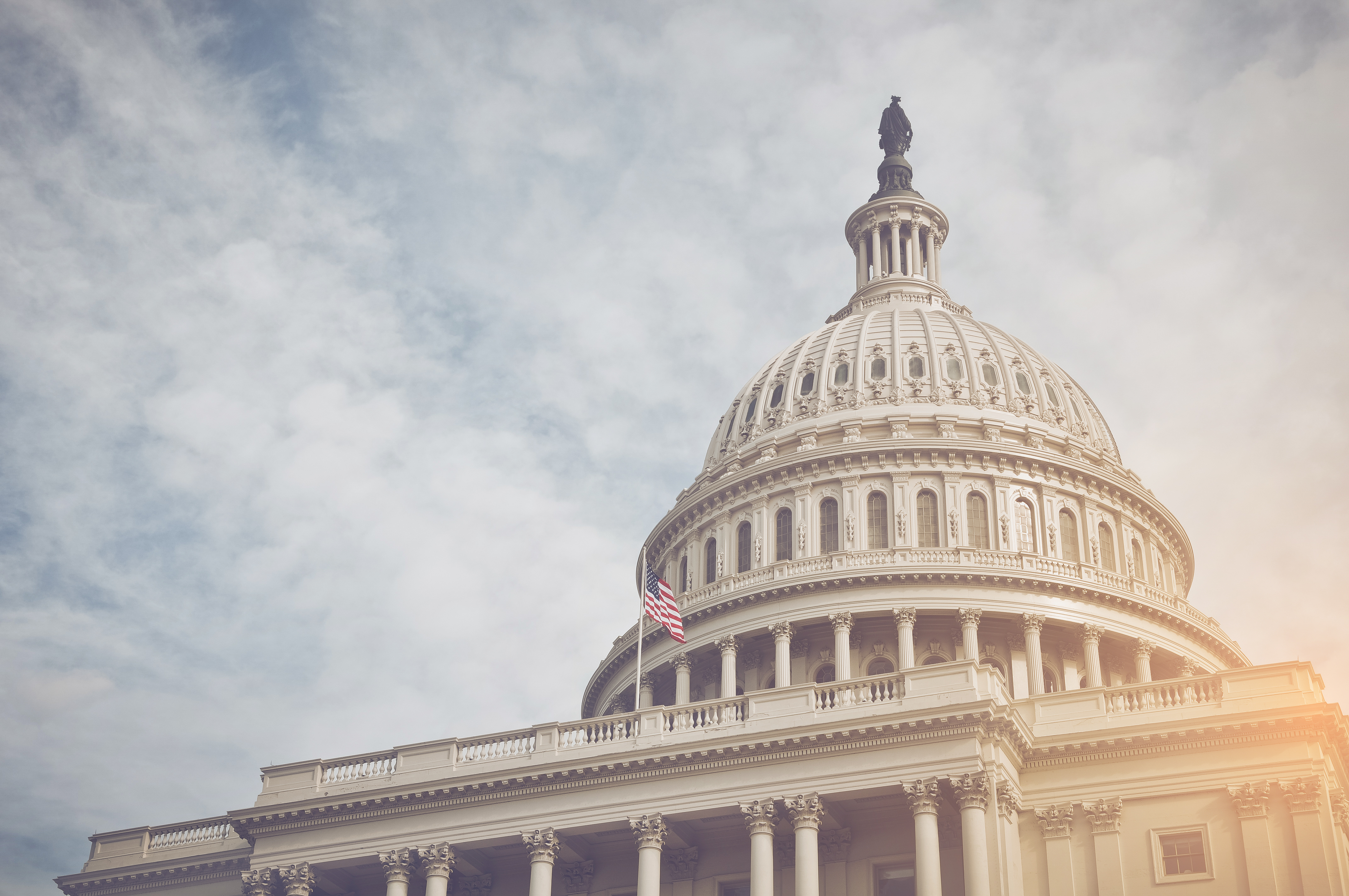News Roundup: New Year, New Congress, More Oversight
The new House majority is poised to aggressively investigate all the administration’s scandals that have piled up over the past two years.

On Thursday, the 116th Congress was sworn in, bringing with it a new House majority poised to aggressively investigate all the administration’s scandals that have piled up over the past two years.
In December, Oversight Committee Chair Elijah Cummings sent more than 50 letters to officials across the administration, signaling the range of issues he is planning to have his committee investigate—many of which American Oversight is already targeting with FOIAs and litigation. And within just the first day of the new Congress, House committee chairs have already announced their plans for some key hearings, including Rep. Frank Pallone, the chair of the Energy and Commerce Committee, who intends to hold a hearing on the administration’s family-separation policy, an issue that is also on Cummings’ list.
On Thursday, Natural Resources Committee Chair Raúl Grijalva told Politico that he wanted to call in Ryan Zinke for questioning about the former interior secretary’s many ethics problems. Zinke’s last day was Wednesday, but that seemingly convenient timing might not have saved him from further investigation. We’re still investigating his tenure at Interior (including his decision to fire off a tweet accusing Grijalva of using tax dollars to cover up alleged alcohol problems), and this week the Washington Post reported that Zinke is facing a Justice Department investigation into whether he lied to Interior’s inspector general during inquiries into his real-estate dealings and his involvement in a dispute over a casino.
On the Senate side, the Judiciary Committee has announced that it will hold a confirmation hearing for attorney general nominee William Barr on January 15 and 16. Read more about our investigation into his potential conflicts of interest here, and see what else we’ve been working on below:
- Lynne Patton, a longtime Trump family aide who was appointed to a top position at HUD despite having no experience in housing, tried to get a colleague fired in 2017 by mentioning Eric Trump in an email, which American Oversight obtained. “If it helps,” Patton wrote in February of last year to the Office of Presidential Personnel, “Eric Trump agrees that it’s best to nip this potential problem in the bud & told me to call Jared [Kushner], if necessary, but I prefer to go through you all first.” Patton told the Washington Post, which reported on the email this week, that Eric Trump had not inserted himself into such personnel matters at HUD, and that he had “made it very clear … not to involve him in any government issues.” Patton’s tenure at HUD, where she oversees the New York and New Jersey region, has been marked by her and other officials’ focus on political appointees’ loyalty to the president.
- This week, American Oversight submitted FOIA requests for information about the decision to use federal funding to keep open the Old Post Office Tower, which just so happens to sit on the Trump International Hotel property in Washington, D.C. The FOIAs target the General Services Administration, which owns the tower, the National Parks Service, which operates it, and the Trump Organization.
- A recently released presidential memorandum designating Matthew Whitaker as the acting attorney general is dated November 8 — the day after Trump’s Twitter announcement that Whitaker would be replacing Jeff Sessions — and is marked as received by the Justice Department on November 13. On Thursday, American Oversight filed FOIA requests for communications about the president’s designation of Whitaker as acting attorney general to find out when exactly it took place.
- A proposed new rule at the Department of the Interior says the department “will not honor” a FOIA request that it deems to be “unreasonably burdensome,” despite the fact that agencies generally do not have the option to ignore statutory legal obligations like the Freedom of Information Act at their own discretion.